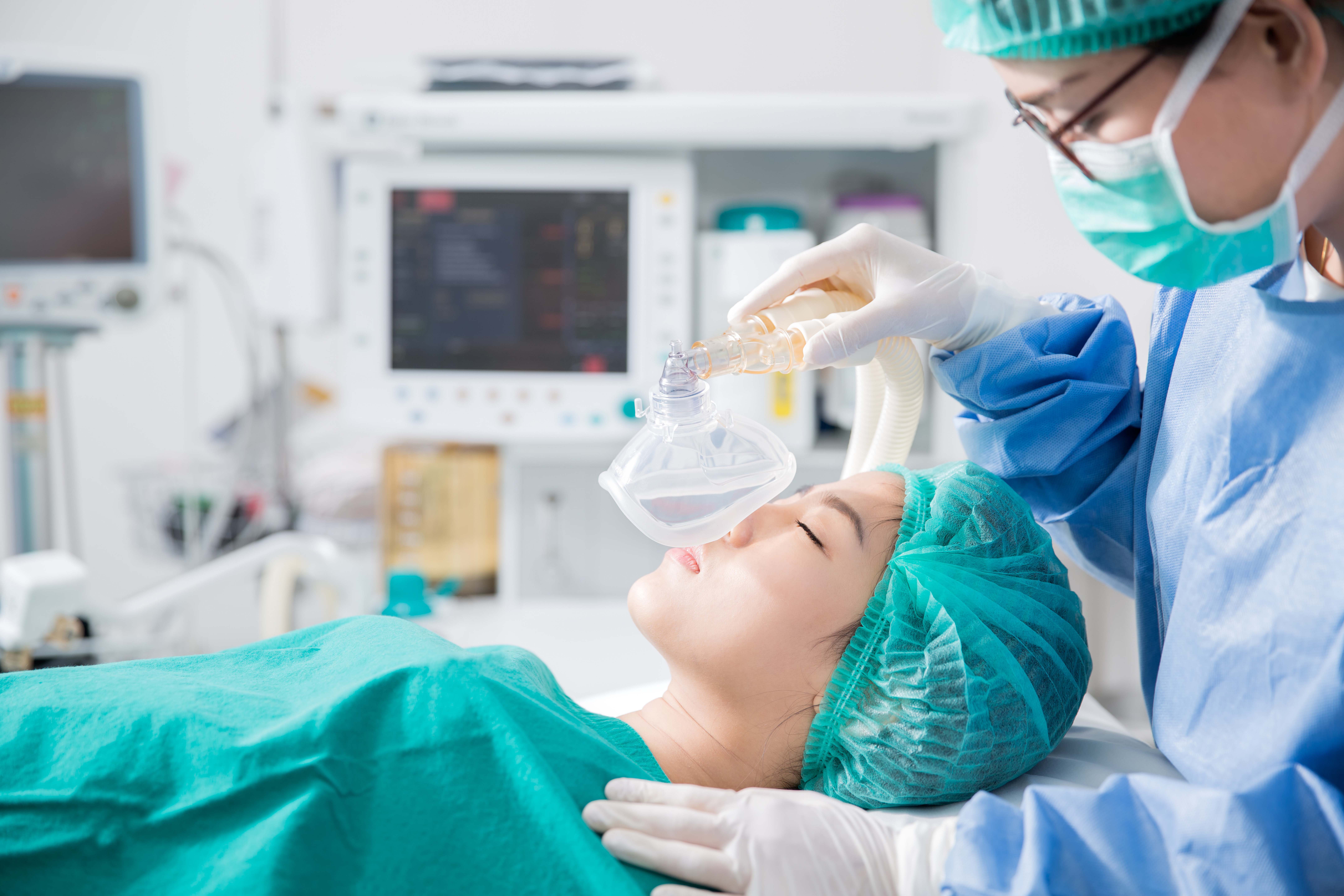
What Is Malignant Hyperthermia (MH)?
Malignant Hyperthermia (MH) is a life-threatening hyperthermic crisis triggered by an abnormal reaction to certain anesthetic agents. It stems from a genetic mutation (autosomal dominant inheritance or spontaneous mutation) that disrupts calcium regulation in muscle cells. Exposure to triggering agents like succinylcholine, isoflurane, or desflurane during anesthesia causes severe muscle contractions, skyrocketing metabolic rates. This leads to:
Oxygen deprivation.
Excessive heat and carbon dioxide buildup.
Metabolic acidosis.
Cell membrane rupture.
Circulatory collapse.
Death if untreated.
Who Is at Risk?
Individuals with prior MH episodes during anesthesia.
Patients with muscle disorders like muscular dystrophy or myopathy.
Those with a family history of MH.
Symptoms of MH
Severe, full-body muscle rigidity or spasms.
Rapid fever spike (over 104°F/40°C).
Flushed skin, profuse sweating.
Rapid, shallow breathing; cyanosis (bluish skin).
Tachycardia or arrhythmia.
Dark, cola-colored urine (rhabdomyolysis).
Low blood pressure, shock, multi-organ failure.
How Is MH Treated?
Immediate action: Stop all triggering anesthetics and surgery.
Administer Dantrolene sodium (IV) to relax muscles and halt calcium release.
Supportive care:
Rapid cooling (ice packs, IV fluids).
Correct acidosis with sodium bicarbonate.
Restore electrolytes (calcium, potassium).
Treat arrhythmias.
Dialysis for kidney failure.
Can MH Be Prevented?
While MH cannot be fully prevented, risk mitigation is critical:
Inform your anesthesiologist if you or family members have MH history or muscle disorders.
Avoid triggering agents: Use non-triggering anesthetics (e.g., propofol, local/regional anesthesia).
Genetic testing for at-risk families.
Conclusion
MH is a medical emergency requiring swift recognition and treatment. Awareness and preoperative risk assessment save lives.




